Ranjit Jhala
Laurel: Generating Dafny Assertions Using Large Language Models
May 27, 2024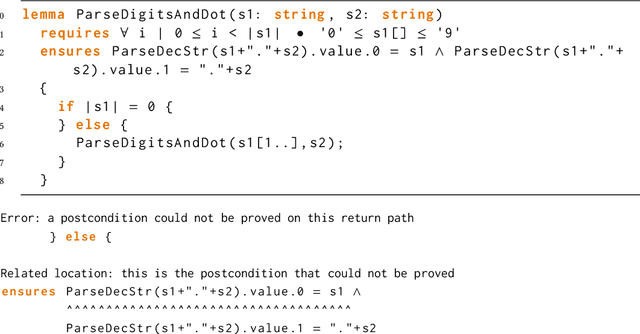

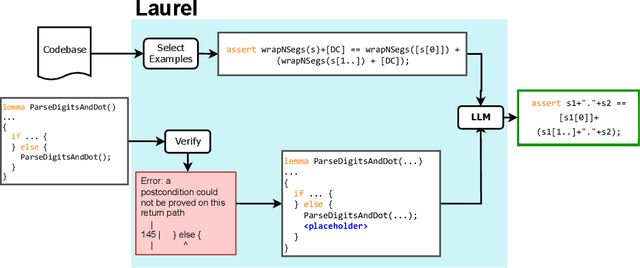
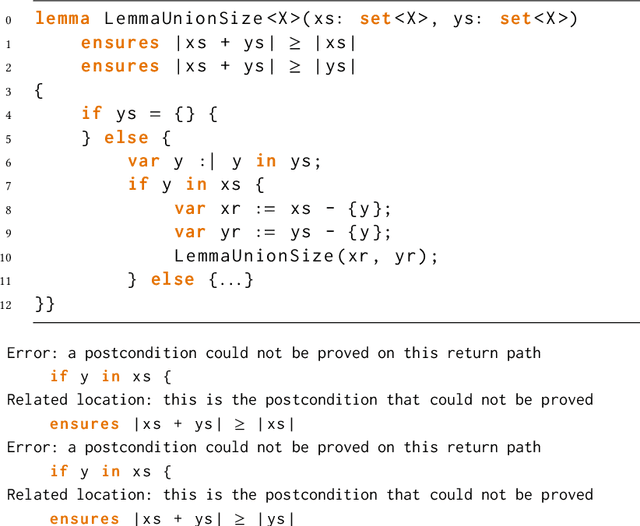
Abstract:Dafny is a popular verification language, which automates proofs by outsourcing them to an SMT solver. This automation is not perfect, however, and the solver often requires guidance in the form of helper assertions creating a burden for the proof engineer. In this paper, we propose Laurel, a tool that uses large language models (LLMs) to automatically generate helper assertions for Dafny programs. To improve the success rate of LLMs in this task, we design two domain-specific prompting techniques. First, we help the LLM determine the location of the missing assertion by analyzing the verifier's error message and inserting an assertion placeholder at that location. Second, we provide the LLM with example assertions from the same codebase, which we select based on a new lemma similarity metric. We evaluate our techniques on a dataset of helper assertions we extracted from three real-world Dafny codebases. Our evaluation shows that Laurel is able to generate over 50% of the required helper assertions given only a few attempts, making LLMs a usable and affordable tool to further automate practical program verification.
Counterexample-guided Planning
Jul 04, 2012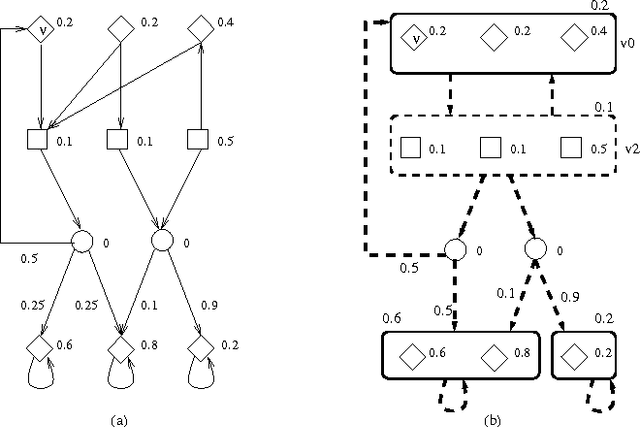
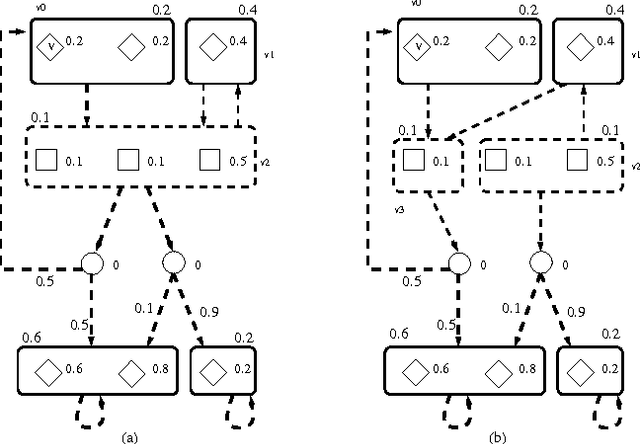
Abstract:Planning in adversarial and uncertain environments can be modeled as the problem of devising strategies in stochastic perfect information games. These games are generalizations of Markov decision processes (MDPs): there are two (adversarial) players, and a source of randomness. The main practical obstacle to computing winning strategies in such games is the size of the state space. In practice therefore, one typically works with abstractions of the model. The diffculty is to come up with an abstraction that is neither too coarse to remove all winning strategies (plans), nor too fine to be intractable. In verification, the paradigm of counterexample-guided abstraction refinement has been successful to construct useful but parsimonious abstractions automatically. We extend this paradigm to probabilistic models (namely, perfect information games and, as a special case, MDPs). This allows us to apply the counterexample-guided abstraction paradigm to the AI planning problem. As special cases, we get planning algorithms for MDPs and deterministic systems that automatically construct system abstractions.
 Add to Chrome
Add to Chrome Add to Firefox
Add to Firefox Add to Edge
Add to Edge